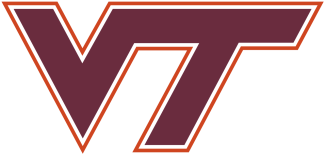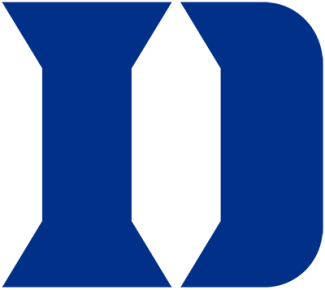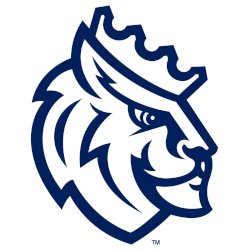Zawada also says Sheppard advised him to consider attending a school in Edmonton, Alberta — Vimy Ridge Academy, where Sheppard had assisted in the development of its public-school based lacrosse curriculum. He had ended his teaching career at Hill Academy.
Upon his return to Raleigh, Zawada threw his parents for a loop when he announced a plan he had finalized in his mind.
“This 14-year-old sits down with us and says he wants to pursue lacrosse opportunities and here is the path he wants to take,” John Zawada recalls. “He wants to go to school in Edmonton for a year, then go to the Hill Academy. He said that learning the box game will help with his field game and that he thinks he would love it. My wife and I said, ‘Well, that’s not going to happen.’”
Later, after Zawada failed to make the varsity lacrosse team as a freshman at Cardinal Gibbons High School in Raleigh, his parents reconsidered and decided to give their son another, more adventurous try at lacrosse, Western Canada style.
“That year was probably the best lacrosse experience I’ve ever had,” says Zawada, who, along with his cousin, lived with a Vimy Ridge teammates’ family his sophomore year. “I was 2,500 miles from my family. We played field lacrosse until October, box until April and field until June.”
“Josh was always one of our go-to guys,” says Vimy Ridge program director Paul Rai, who coached Zawada on the Sherwood Park Titans Junior B box team and the Edmonton Blues Junior A squad. “He used the box game to step up his field game, but he could definitely take a run at playing box if he ever wanted to commit to it. We knew some good [colleges] would be knocking at his door.”
Zawada would earn a spot in 2016 on the U19 Team USA Box National Team. In 2018, he was traded to the Okotoks Raiders and was part of Junior A Box team that won the prestigious Minto Cup.
Zawada ended up at the Hill Academy in the fall of 2016. Over the next three years, he flourished under legendary head coach Brodie Merrill. Zawada was Hill Academy MVP in 2017 and Geico Tournament MVP in 2018. Each year, he was part of a national title team. He scored 60 points as a senior.
“We didn’t really know what we had, but we knew [Zawada] came here with a good foundation. He made his mark at The Hill pretty early,” Merrill says.
“You don’t see that many ball handlers like him in Canada. Josh is a laid-back, humble, happy-go-lucky guy with a competitive side he can really turn on. He could really take over a game. It was easy to tell he was ready to make an impact at the next level.”
The Wolverines don’t know how much they will improve their standing in the Big Ten in the coming weeks. But they continue to draw valuable confidence from the guy who sets the tone for them every day.
“Guys around him just play harder and go faster. Josh creates the tempo we want every day, flying around at practice, saying maybe two or three words,” Conry says. “He’s an athletic specimen with great skills. I thought he was one of the top [freshmen] talents in the country coming in. Once he was on the field, we [coaches] were like, ‘Whoa, he’s the guy.’
“Josh has embraced that and continues to lead by example,” Conry adds. “When you have a guy like him, especially as a young program trying to make headway in the landscape of Division I lacrosse and the Big Ten, he adds so much more than a scoring presence. His confidence and his vibe just bleed into everything.”


























































